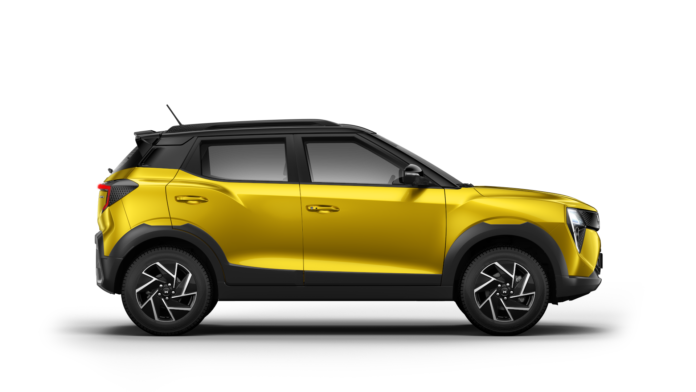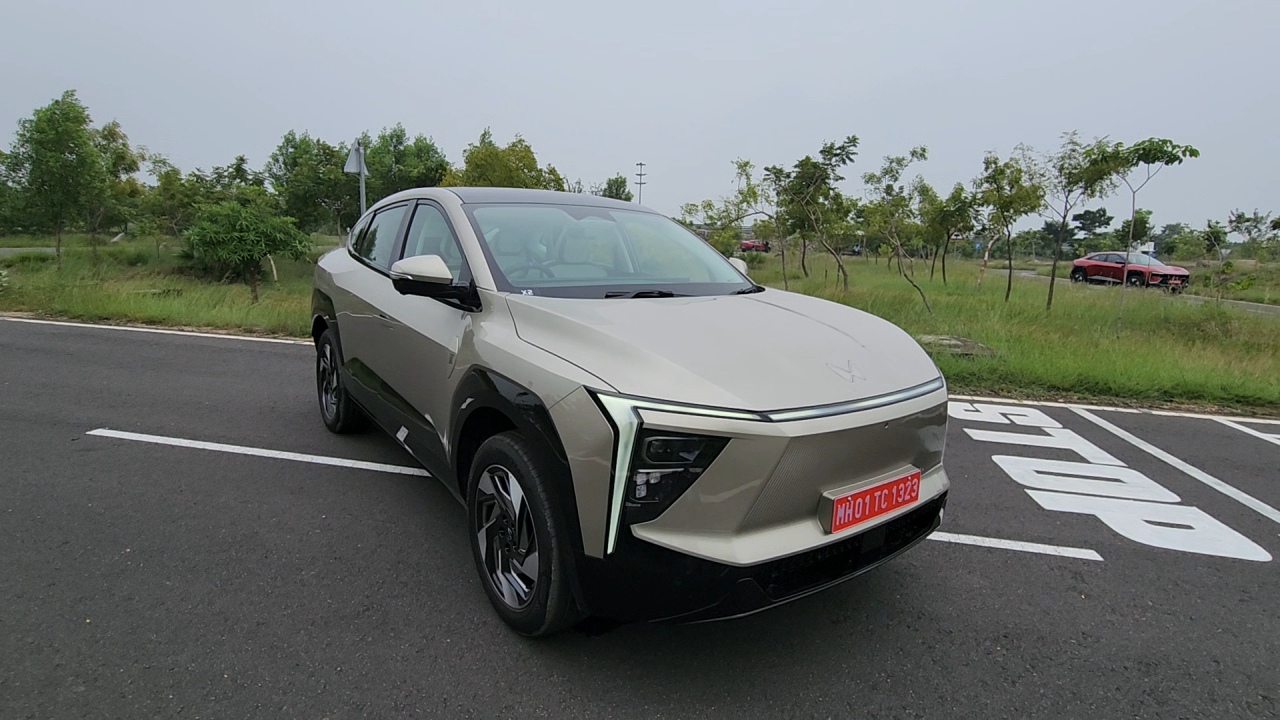Mahindra has stirred interest in the electric vehicle (EV) sector and is gearing up to diversify its powertrain offerings to include a range of hybrid technologies. The automaker is examining various hybrid systems, from strong hybrids to range extenders, to enhance its lineup.
There are plans for a strong hybrid system tailored for the compact XUV 3XO, part of project S226, with an expected launch set for 2026. Insiders suggest that Mahindra may incorporate its 1.2-litre three-cylinder turbo-petrol engine in a hybrid configuration. This engine can accommodate all necessary components for a petrol-electric strong hybrid setup.
For the current INGLO platform models, referred to as M130 and M330, range extender hybrids are being considered. The final decision on pursuing this option will hinge on consumer feedback regarding the EVs BE 6 and XEV 9E. Preliminary technical development and design for the range extenders on the INGLO Platform have commenced, with a market launch decision expected within the next six to eight months. Range extenders primarily function as electric vehicles, utilizing a gasoline engine solely as a generator to recharge the battery and extend the electric driving range.
The success of the range extenders on the INGLO models will largely depend on customer interest in the BE6 and XEV 9E. If pursued, these models could contribute approximately 40,000 to 50,000 units to annual sales.
In the hybrid vehicle landscape, Japanese manufacturers Suzuki and Toyota remain at the forefront in India, leading with their mid-size SUVs, the Grand Vitara Hybrid and Toyota Urban Cruiser Hyryder. Both companies are expected to introduce two additional hybrid powertrain models to the C-segment SUV market by 2025. Additionally, Maruti Suzuki is reportedly working on a range extender solution for compact cars to further popularize hybrid technology in the region.
Similarly, South Korean automakers Hyundai and Kia have initiated the development of cost-effective hybrid solutions tailored for Indian consumers. Skoda Auto Volkswagen and JSW MG Motor also have plans to roll out hybrid alternatives in the coming years alongside an increasing number of EV choices set for 2025.
As of 2024, hybrids and EVs found themselves in a competitive landscape, with EVs slightly ahead in sales. Last year, EVs constituted 2.4 percent of the overall passenger vehicle market, with retail sales exceeding 90,000 units. Hybrids, meanwhile, reached 85,000 units, accounting for 2.1 percent.
Given the slower-than-anticipated EV adoption pace in 2024 and ongoing challenges related to charging infrastructure, many potential buyers have started leaning towards hybrid vehicles or conventional internal combustion engine models as alternatives.




